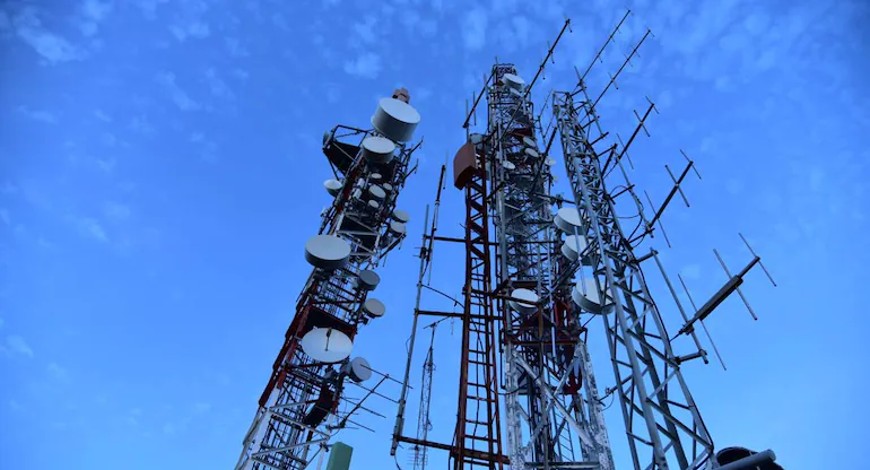5G
Telcos to spend $22bn on 5G CapEx, Analysys Mason

India’s top three telcos could spend $18-22 billion to upgrade and expand their networks over the next five years to roll out 5G services, according to estimates shared by consultant Analysys Mason with Mint.
Reliance Jio Infocomm Ltd and Bharti Airtel Ltd, the country’s top two operators, will lead the spending on network equipment and laying fibre as they target launching ultrafast 5G networks in the coming months. “About 80% of the capex uptick is likely to be split between the No. 1 and No. 2 carriers that have bought the bulk of 5G airwaves, while the remaining 20% will be used by the No. 3 carrier,” said Rohan Dhamija, managing partner, India and Middle East at Analysys Mason.
The capex spending is on top of the record $19 billion that companies agreed to pay for 5G spectrum in an auction that ended earlier this week. Now, the challenge for the three private telcos is to make their massive investments pay off as the lack of affordable 5G devices, and limited geographical deployment may limit the number of users initially.
The telcos are, however, optimistic and plan to start 5G services as early as this month. On Wednesday, Bharti Airtel said it signed network agreements with Ericsson, Nokia and Samsung to start 5G deployment this month. Ericsson will roll out the services in 12 circles. Samsung has come on board as a new partner.
“Our network agreements are finalized, and Airtel will work with the best technology partners from across the world to deliver the full benefits of 5G connectivity to our consumers,” said Gopal Vittal, managing director and CEO of Airtel.
To be sure, some analysts said the capex spending may not pose a major burden and will only be slightly higher than their current annual capex spending. Most of the spending will, however, be on laying optical fibre.
“Our estimate on capex spending by telcos on 5G infrastructure (barring spectrum) is about ₹1.6-1.8 trillion over fiscal 2023-25,” said Manish Gupta, senior director at Crisil Ratings. “A majority of this would be incurred on improving fiberization levels, which is a pre-requisite for effective 5G rollout.”
Co-building or sharing of passive infrastructure such as fibre could save capex requirements for telcos, Gupta noted.
Fitch Ratings director Nitin Soni pegs the 5G capex spending of Bharti Airtel to be a tad higher than the $2.5 billion it spends on capex annually, at $2.5-3 billion for Reliance Jio and over $500-700 million a year for Vodafone Idea Ltd.
“Capex will increase only slightly as 5G capex will mostly replace 4G. 4G coverage is largely done,” Soni said.
In 2023-24, telcos will also continue to strengthen their fibre infrastructure by connecting towers and backhaul infrastructure to prepare for the launch of 5G services.
Fitch said the improvement in cash flows because of higher monthly average revenue per user (Arpu) was likely to be sufficient to pay for 5G spectrum assets and related capex. It expects the industry’s monthly Arpu to grow by 15-25% in the next 12-18 months, as telcos are expected to raise tariffs. “We expect Arpus to continue to rise in the medium term, as telcos will likely price 5G services higher than 4G. Arpus will also grow as 2G and 3G users gradually migrate to higher-priced 4G and potential 5G plans,” Fitch said in a statement.
Nitin Bansal, managing director of Ericsson India, said: “The various 5G field trials have set the stage for a successful rollout. Our manufacturing facility in Pune will enable us to supply our advanced, world-class 5G radios to customers in India.” Livemint















You must be logged in to post a comment Login